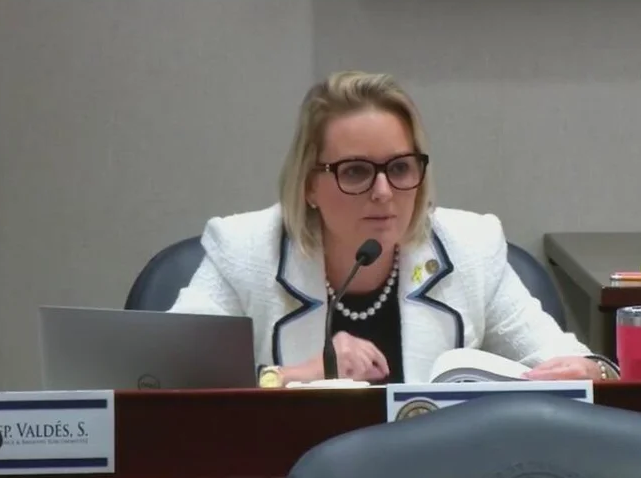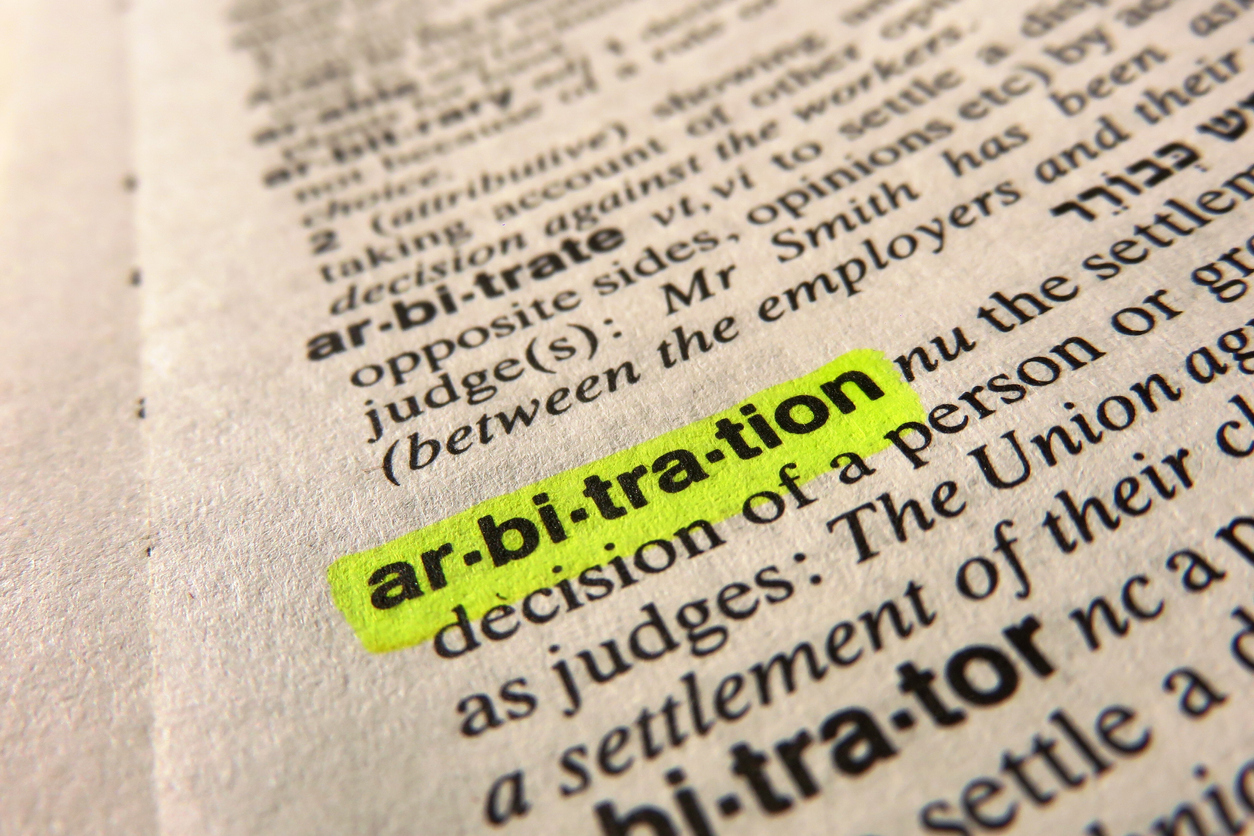As previously noted in the first four posts of the Hurricane Law series discussing Late Notice of Claims, in Florida, if a policyholder does not timely report an insurance claim to the insurance carrier, prejudice to the insurer will be presumed. This presumption may be rebutted by a showing that the insurer was not prejudiced by the late notice. Bankers Ins. Co. v. Macias, 475 So.2d 1216 (Fla. 1985). If an insurance carrier claims a policyholder breached a cooperation clause however, the insurance carrier “must show a material failure to cooperate which substantially prejudiced the insurer.”
In all areas of law, it is important to understand parties’ respective burdens of proof. Understanding and correctly applying the burdens of proof is particularly important in first party property insurance. At times, insurance carriers misconstrue the burdens of proof, usually to their advantage.
The typical Florida insurance policy obligates the policyholder to produce documents and information requested by the insurance carrier and may contain a provision requiring the policyholder to cooperate with the insurer in its investigation of the claim. The cooperation requirement is intended to help the insurance carrier to determine liability once notice of a claim has been given and to protect the insurance carrier from fraudulent claims.
The Florida Supreme Court has explained that a different presumption applies to a policy cooperation clause because a failure to cooperate defense “sometimes relieves an insurer of liability. . . .[a] failure to cooperate is a condition subsequent and it is proper to place the burden of showing [substantial] prejudice on the insurer.”
Where an insured cooperates to some degree with document production, but the insurance carrier denies the claim because every single document was not produced, the issue of whether there has been a material breach of the insurance policy that would relieve the insurance carrier of its payment obligation is a question of fact for a jury. Schnagel v. State Farm Mutual Automobile Ins. Co., 843 So.2d 1037 (Fla. 4th DCA 2003); Haiman v. Fed. Ins. Co., 798 So.2d 811 (Fla. 4th DCA 2001).
It is important to note the difference between these presumptions for policyholders in Florida, particularly given insurance carriers’ aggressive approach in defending hurricane and other claims, based on a failure to cooperate defense. Insurance carriers argue the failure to cooperate almost as an absolute defense to claims, citing a policyholder’s failure to produce every single item of information and documentation. As Chip Merlin and Corey Harris have previously noted in their posts Cooperation Clause Does Not Require Policyholder’s Slavish Obedience and The Limits Of An Insured’s Obligations To Cooperate, if a policyholder cannot produce every single document requested by the insurance carrier, but they comply to the extent possible, it is unreasonable for the insurance carrier to continue to hold open the policy post-loss conditions and demand the documents that the policyholder is unable produce. The claims handling process must go on. Particularly where policyholders are in substantial compliance with the insurer’s requests, the insurer has a high burden under Florida law. Policyholders should not be strong-armed by insurance carriers that misconstrue their burden of proof and treat a failure to cooperate defense as an absolute bar to recovery.



